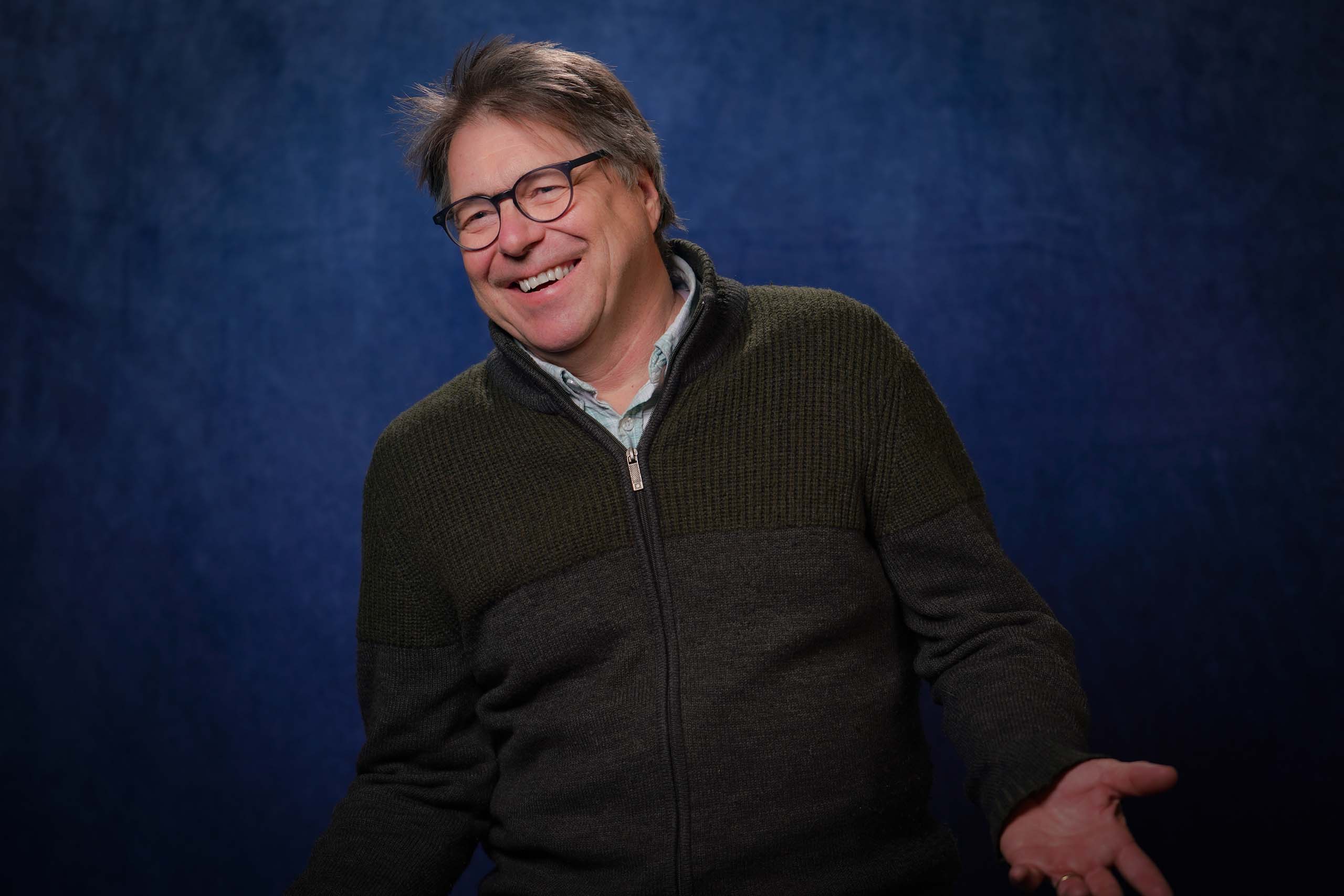Bio
Stephen Rush is a Distinguished Faculty Achievement Professor at the University of Michigan, where he has taught for over 35 years. He earned a doctorate at the Eastman School of Music and studied with third-stream pioneer Gunther Schuller, David Liptak and Samuel Adler.
Rush’s extensive body of work includes eight operas, chamber music (some of which is standard repertory), orchestra work and over 100 scores for dancers. His compositions have been recorded and performed worldwide by the Warsaw and Detroit Symphonies and members of the New York Philharmonic and others. As a performer, Rush has presented his multi-media work in Japan, Europe (recently Florence, Berlin, and Budapest), Latin America, and India. His many recordings include over 40 CD’s ranging from electronic experimental music, orchestra performances, chamber music, and jazz.
Rush is the director of the Digital Music Ensemble (DME) at the University of Michigan. With DME, Rush has premiered works by John Cage, Philip Glass, and LaMonte Young, and has recorded with Robert Ashley, Pauline Oliveros and “Blue” Gene Tyranny. DME is widely known for its site-specific work, ‘Gypsy’ Pond Music, which is performed annually at the University of Michigan and elsewhere, and performed telematic (online) music with Elliot Sharp and Pauline Oliveros. Rush teaches classes in music composition, music theory, dance improvisation and jazz, and has taken over 150 students to India for study there (Yoga/Music/Dance) in the last 20 years.
Stephen Rush works frequently as a jazz musician, performing with Roscoe Mitchell, Steve Swell, Eugene Chadbourne, the late Peter Kowald and Henry Grimes. He has recorded with Art Ensemble of Chicago, and his own electronic band, “Crystal Mooncone,” his avante-jazz trios “Yuganaut” and “Naked Dance.”
Rush has written “Better Get It In Your Soul”: discussing radical approaches to liturgy. He published “Free Jazz, Harmolodics and Ornette Coleman,” discussing their theories of improvisation and social justice. He is currently working with Matthew Evan Taylor on a book called “Fundamentals of Our Music” – a music theory book that attempts to decolonize music theory and provide a decolonized lens for the Fundamentals of Music Theory.
He has studied South Indian Classical vocal music for twenty years with Sharada Kumar (Ann Arbor), Sashi Kumar (Varanasi, India) and Kamala Rajalakshmi (Mysore, India). For the last seven years he has taken groups of students (ranging from 7 to 15) to India for one month in the summer to study Classical Indian Dance and Music, as well as Yoga, Philosophy and Sociology. His work in this area is recognized internationally, including frequent requests to speak about Indian Music and Culture in the U.S. and in India, including an invitation to be the keynote speaker at the International Peace Conference in Mysore, India, 2011.
He also has a unique career as an interviewer, having talked with such luminaries as Laurie Anderson, Ravi Shankar, LaMonte Young, Desmond Tutu, Ornette Coleman, the Kronos Quartet, and revered Swami Chinmayananda.

Selected Performances
“Far Away and It’s Ok” – Stephen Rush, piano and Jeremy Edwards, drums
“India” by John Coltrane – Stephen Rush with Andrew Bishop, Michael Gould, and Bradley Phillips
